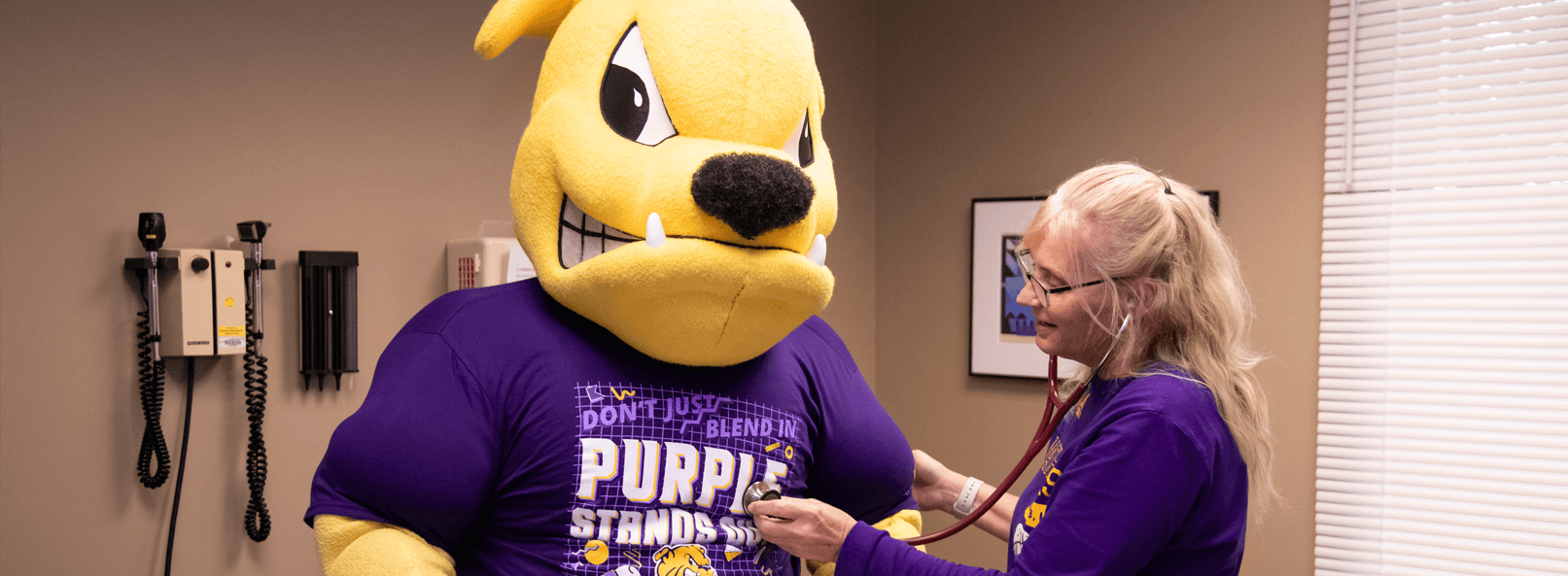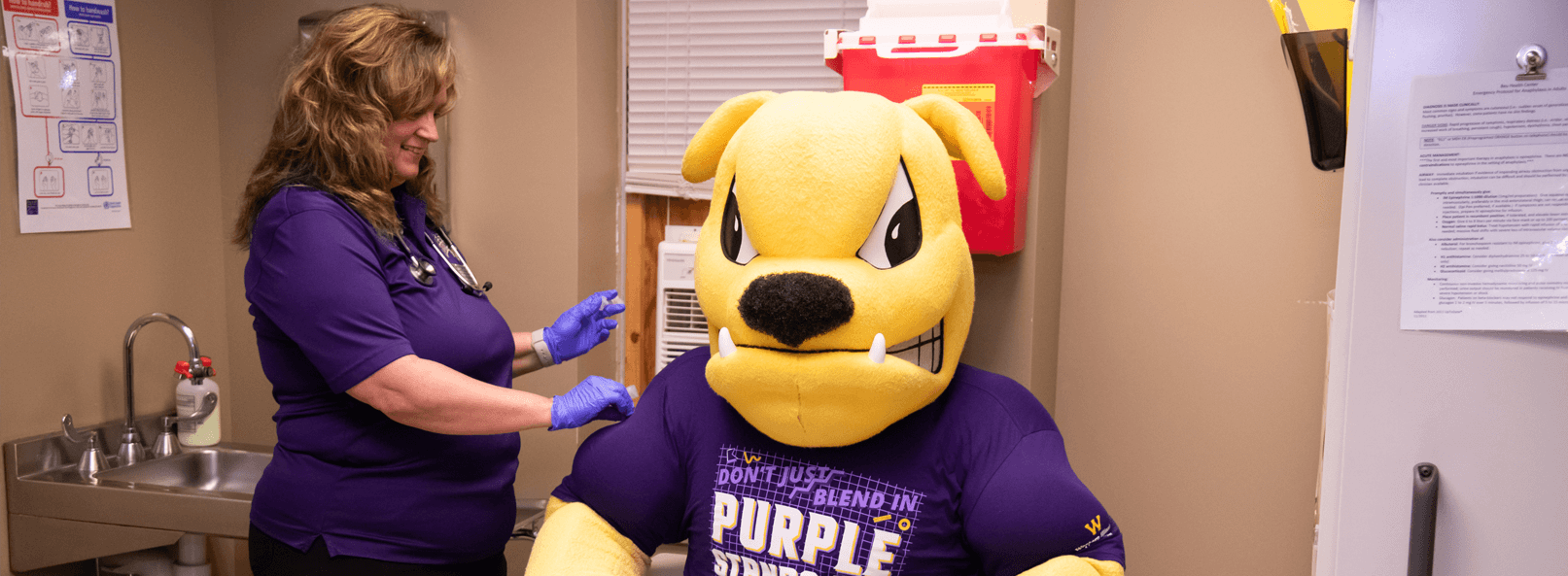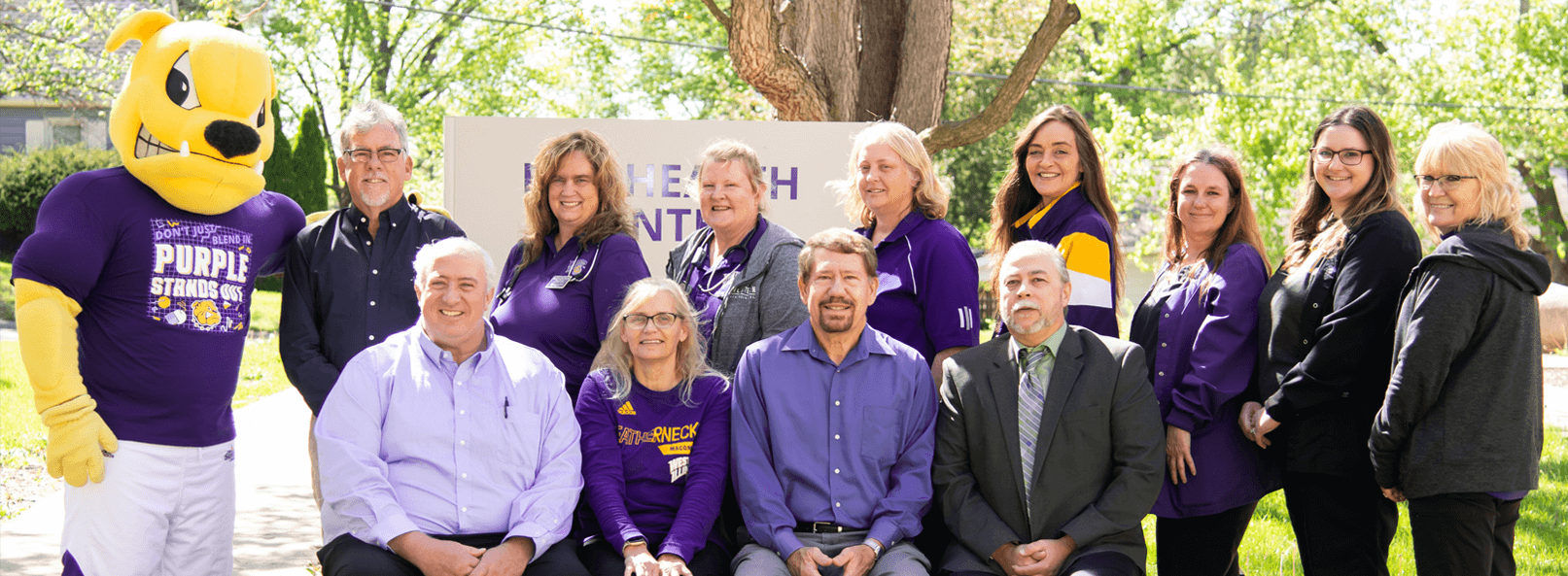Beu Health Center
We are a full service medical clinic with x-ray, lab and pharmacy on campus to meet the healthcare needs of the WIU Student Community.
Contact Us
Beu Health Center
1 University Circle
Macomb, IL 61455
Open Monday through Friday: 8am - Noon & 1pm-4:30pm
Phone: (309) 298-1888
Fax: (309) 298-2188
Email: beuhealthcenter@wiu.edu






Connect with us: